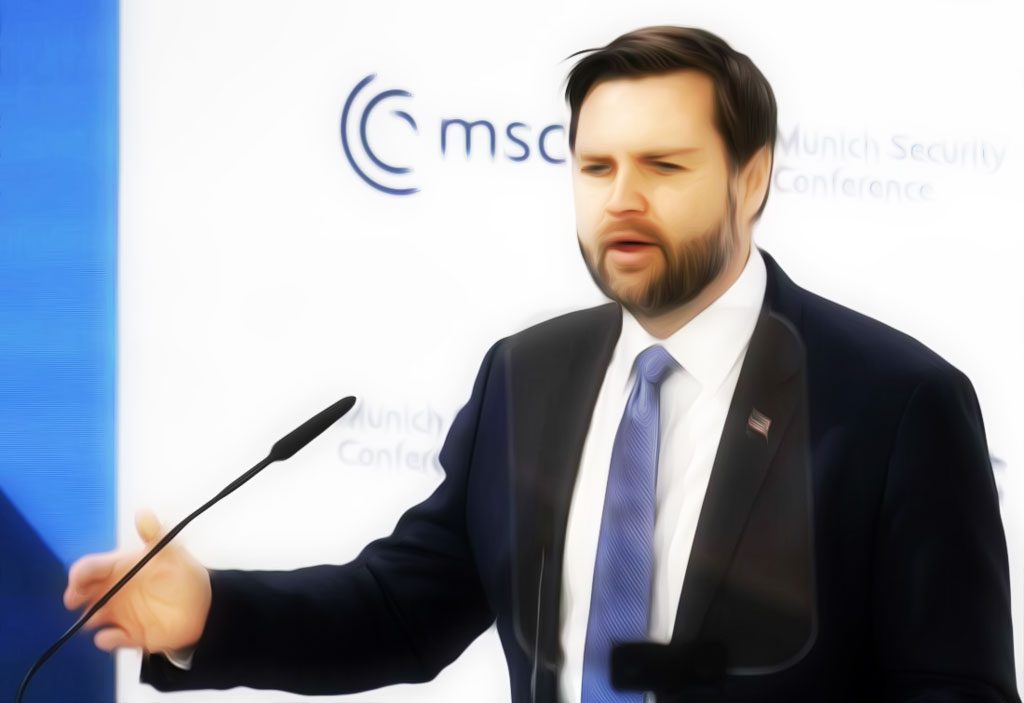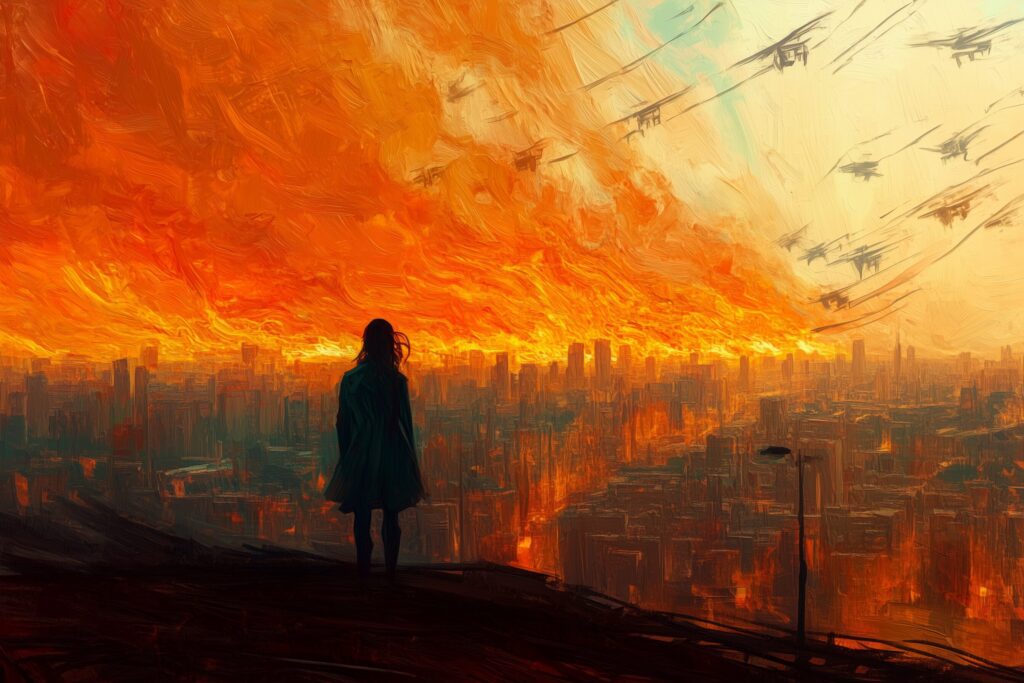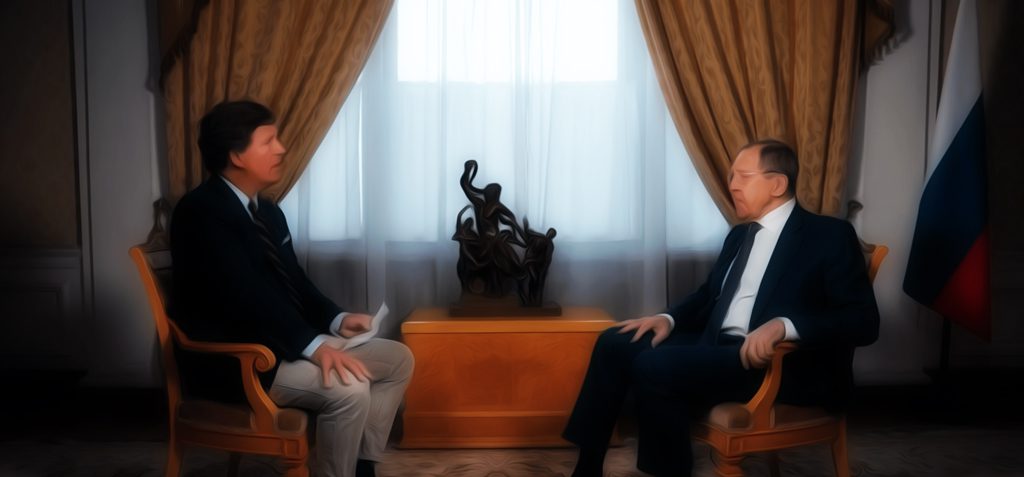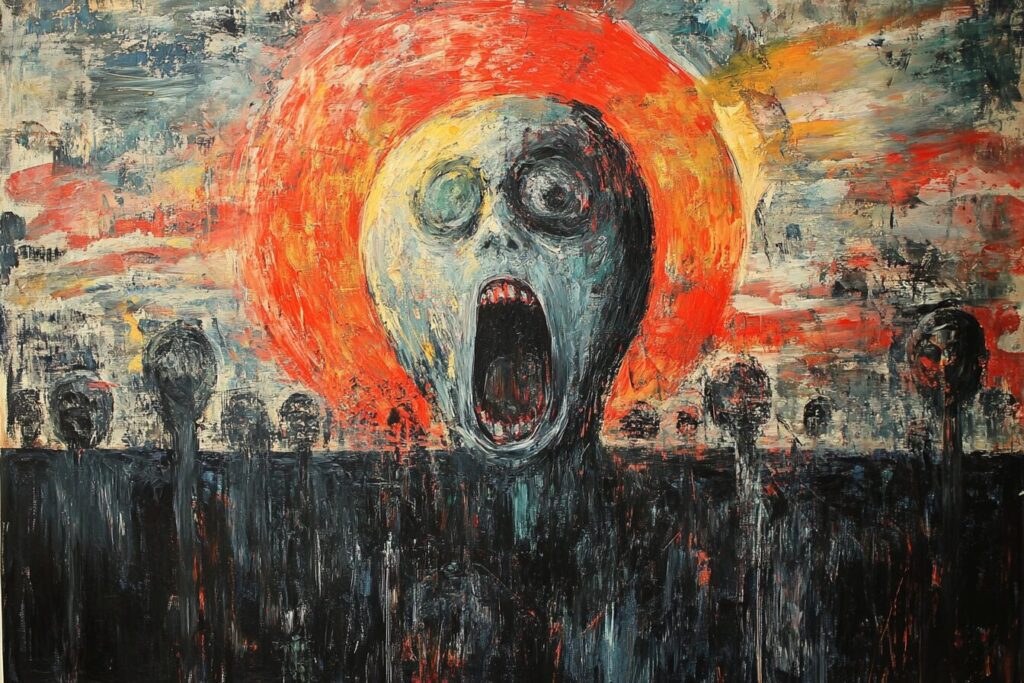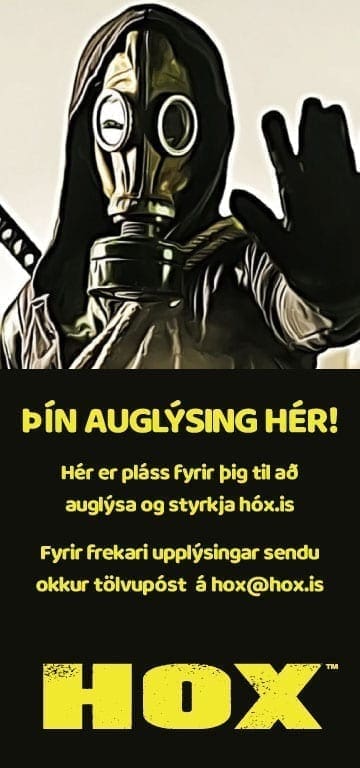The ongoing conflict in Ukraine has global implications, raising questions about power dynamics, territorial sovereignty, and the risk of nuclear confrontation. In a revealing interview, Russian Foreign Minister Sergey Lavrov addressed these issues, offering Moscow’s perspective on the origins of the conflict, its broader geopolitical stakes, and the conditions for peace. Lavrov’s remarks shed light on Russia’s diplomatic strategy and its views on Western policies, providing a comprehensive understanding of Russia’s position in the escalating global tensions.
Lavrov traced the roots of the Ukraine conflict to 2014, framing it as a reaction to a Western-backed coup in Kyiv that ousted the democratically elected government. He argued that the coup disregarded agreements for a unity government and led to widespread unrest in Crimea and Donbas. According to Lavrov, the resulting turmoil violated the rights of Russian-speaking communities in eastern Ukraine, including restrictions on language, culture, and religion. This, he claimed, set the stage for Crimea’s annexation through a referendum and the ongoing separatist movements in Donbas. “The people in Crimea and Donbas did not recognize the post-coup government as legitimate,” Lavrov said, emphasizing that these regions acted out of a desire for self-determination, a principle enshrined in the United Nations Charter.
Lavrov highlighted the Minsk agreements, which were brokered to de-escalate tensions in Donbas. He accused Ukraine of sabotaging the accords by refusing to engage in direct dialogue with the separatists, which was a key requirement of the agreements. “The agreements provided for a special status for Donbas, including language rights and local self-governance,” Lavrov explained. “However, these were systematically ignored by Kyiv, leading to renewed hostilities.” He asserted that Ukraine’s failure to honor these commitments, coupled with NATO’s expansionist ambitions, compelled Russia to launch what it calls a “special military operation.”
A significant portion of Lavrov’s argument revolved around NATO’s enlargement. He portrayed NATO’s eastward expansion as a direct threat to Russian security, recalling warnings from Moscow since the 1990s about the dangers of pushing the alliance closer to Russia’s borders. “We repeatedly warned that NATO’s actions would lead to instability,” Lavrov said. “The placement of military infrastructure in Ukraine was unacceptable to us.” He also accused the U.S. of pursuing a strategy of global dominance, using NATO as a tool to undermine Russia and other non-aligned nations. Lavrov referenced recent comments from Western leaders suggesting preemptive military strategies, describing them as provocative and dangerous.
The specter of nuclear conflict loomed large in the discussion. Lavrov criticized what he described as the West’s casual approach to nuclear deterrence, warning against rhetoric that downplays the catastrophic consequences of a nuclear exchange. “Some in the West talk about limited nuclear strikes as if they are manageable,” Lavrov said. “This is an invitation to disaster. Nuclear war cannot be won and must never be fought.” He reiterated Russia’s commitment to avoiding nuclear conflict, citing a 2022 joint statement by the five permanent members of the UN Security Council affirming the importance of nuclear stability.
On the prospect of peace, Lavrov emphasized that Russia remains open to negotiations but outlined several non-negotiable terms. Chief among these is Ukraine’s non-alignment, with Lavrov insisting that Ukraine must remain outside NATO or any other military bloc. “The principle of no NATO membership for Ukraine was part of the Istanbul proposals in 2022,” Lavrov said, referring to draft peace terms that were allegedly abandoned after Western intervention. He also called for the recognition of “realities on the ground,” including Russian sovereignty over Crimea and other territories annexed during the conflict. Lavrov criticized Ukrainian President Volodymyr Zelenskyy for enacting policies that he claimed suppress Russian culture and language, arguing that these issues must be addressed in any future settlement.
Lavrov expressed skepticism about the lifting of Western sanctions, noting that Russia has adapted to economic isolation by strengthening ties with “friendly nations” in Asia, Africa, and Latin America. “Sanctions have only made us stronger,” Lavrov said, adding that Russia is increasingly focused on self-reliance and alternative economic partnerships. He dismissed the idea of returning to a pre-2022 relationship with the West, characterizing the current geopolitical divide as irreversible. “Attempts to integrate Russia into the Western bloc have failed,” Lavrov declared.
Beyond Ukraine, Lavrov framed the conflict as part of a larger struggle against Western hegemony. He criticized the U.S. and its allies for what he called a double standard in their application of international law, citing their recognition of Kosovo’s independence as an example of hypocrisy. “We see selective enforcement of the UN Charter,” Lavrov said. “Territorial integrity is invoked when it suits the West, but self-determination is ignored when it does not.” He argued that Russia, along with nations in the BRICS and Shanghai Cooperation Organization, is working to establish a more multipolar world order where sovereign equality is respected.
Sergey Lavrov’s remarks illustrate Russia’s deep-seated grievances with Western policies and its vision for a reordered global system. While he expressed hope for dialogue, the conditions he outlined—Ukraine’s neutrality, recognition of territorial changes, and respect for Russian cultural rights—are unlikely to be accepted by Kyiv or its Western allies. As the conflict grinds on, the prospects for peace remain tenuous. However, Lavrov’s comments offer a glimpse into Moscow’s strategic calculus and its determination to shape the post-conflict landscape on its terms. Whether this vision aligns with global realities remains to be seen.

